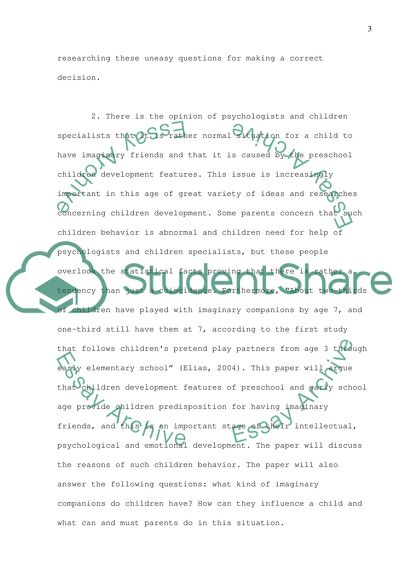Cite this document
(“Imaginary friends Essay Example | Topics and Well Written Essays - 2500 words”, n.d.)
Retrieved from https://studentshare.org/psychology/1520037-imaginary-friends
Retrieved from https://studentshare.org/psychology/1520037-imaginary-friends
(Imaginary Friends Essay Example | Topics and Well Written Essays - 2500 Words)
https://studentshare.org/psychology/1520037-imaginary-friends.
https://studentshare.org/psychology/1520037-imaginary-friends.
“Imaginary Friends Essay Example | Topics and Well Written Essays - 2500 Words”, n.d. https://studentshare.org/psychology/1520037-imaginary-friends.


